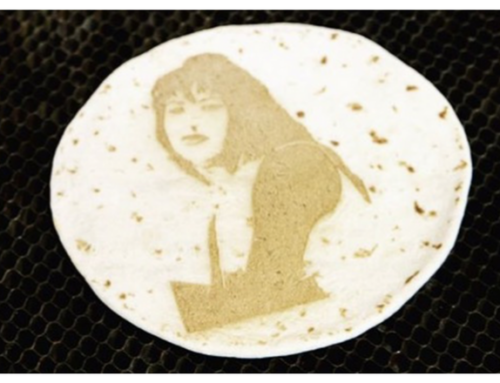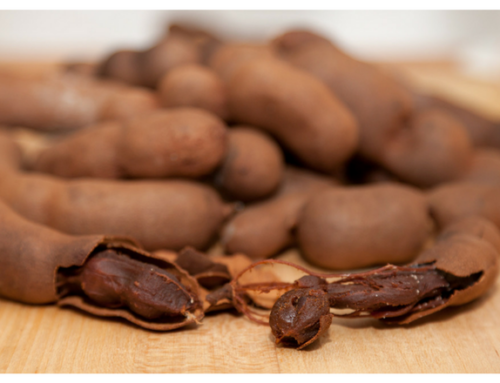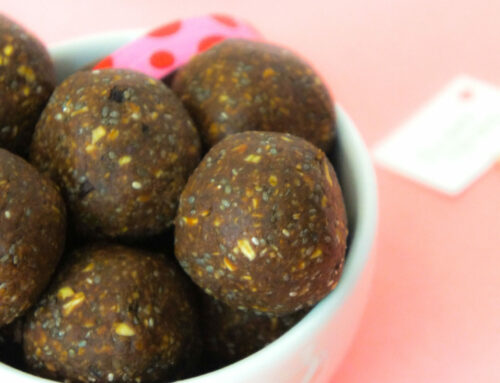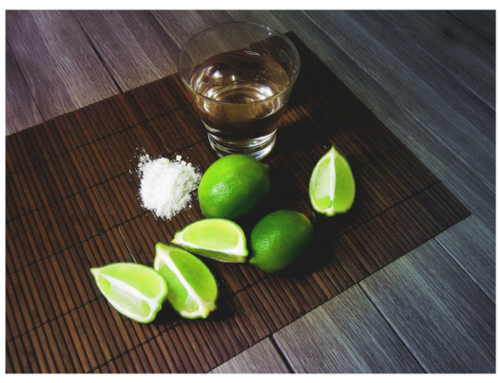How much more tropical can you get than coconuts? Coconuts are known for their distinctively sweet flavor and creamy meat. Though high in calories (a medium sized coconut clocks in at 1400) they're also rich in vitamins, minerals, and more. Coconuts are rich in lauric acid, which is known to raise HDL (good) cholesterol while coconut water delivers potassium and electrolytes perfect to help rehydrate and replenish your body post workout. Coconut meat, that delicious white flesh you shred for cakes, is jam packed with 4 grams of fiber per 2×2 inch chunk, which makes it’s a tasty occasional treat. Rich in nutrition as well as fat and calories, coconut is a prime staple used in moderation in the Latin kitchen.
How do I pick the best coconut?
If you're lucky enough to have a coconut tree, carefully twist the nut until it's free from the branch. Shake the coconut and enjoy the sound of sloshing coconut water. Your pick should sound like it has at least a cup of water and feel heavy for its size. The coconut should have a rich brown color if mature and a bright green or white color if young. Skip any that have discoloration, which indicates the coconut may have been opened and leaked some of its moisture.
What can I make with coconut?
Fresh coconut, whether it be the flesh or the water, can be enjoyed raw and on its own. Replace regular water with coconut water when making rice and quinoa or add shredded coconut meat to granola, yogurt, or ice cream for a tropical treat. From ginger coconut pork chops to coconut mango chicken, the possibilities are endless.
Once you have your coconut, straight from the tree or fresh from the market, and have inspected it, you can prep to open it. Wear an apron or smock as fresh coconut water can stain your clothes. Using a screw driver and a hammer, hammer in the screwdriver into each eye of the coconut. Turn over and drain water into a bowl. Then hammer around the center of the coconut until a fracture forms and you can break it apart. Before moving on, ensure that there is no evidence of mold or decay inside the coconut. To remove the meat simply use a butter knife to wedge the meat from the shell, then use a pairing knife to remove any hard backing.
Store unopened coconut at room temperature for one week, in the fridge for 3 months, or in the freezer for up to 8 months. Fresh coconut meat and coconut water should be refrigerated in air tight containers and should be consumed within a week. Frozen coconut meat can be frozen in pieces or shredded and stored in an air tight container for up to 6 months, perfect for smoothies, piña coladas and cake!
Recipes to try include: Coconut Seafood Soup with Plantains, Coconut Crumble Lime Bars, Coconut Sorbet.
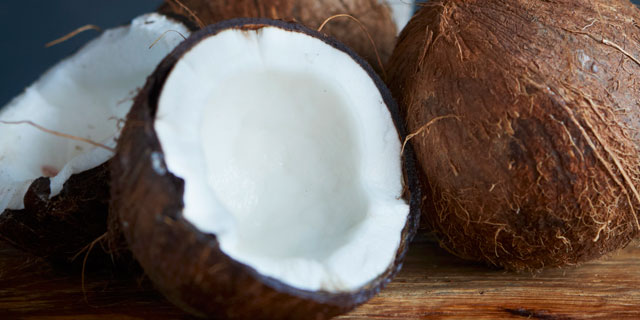

![Making Mealtime Matter with La Familia: Easy Sofrito [Video]](https://thelatinkitchen.com/wp-content/uploads/2015/10/sofrito-shutterstock__0-500x383.jpg)
![Easy Latin Smoothies: Goji Berry Smoothie [Video]](https://thelatinkitchen.com/wp-content/uploads/2015/12/goji_berry-shutterstock_-500x383.jpg)


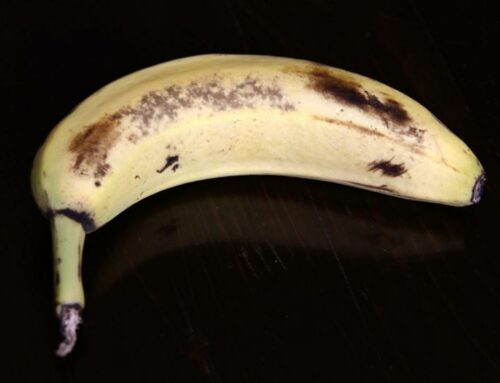



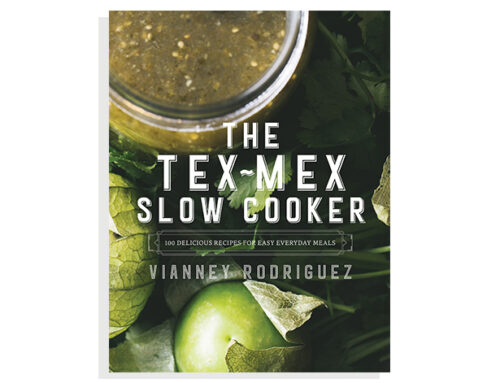
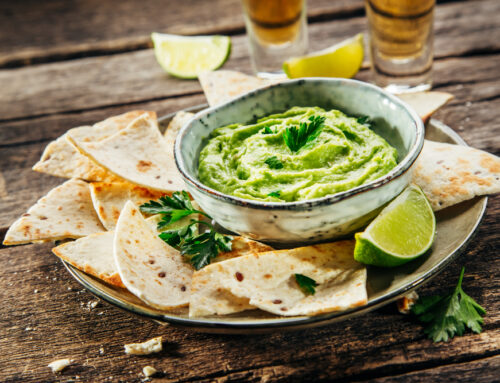



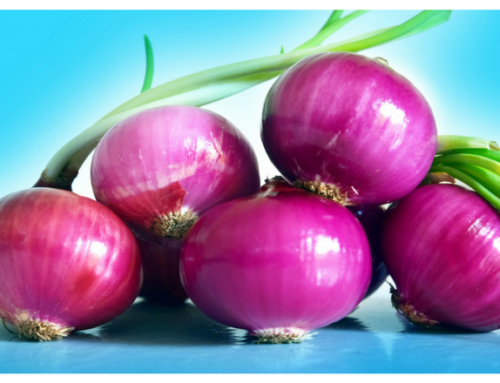




![Fun and Fast Recipes: Fiesta Cabbage Salad [Video]](https://thelatinkitchen.com/wp-content/uploads/2015/11/fiesta_cabbage_slaw-shutterstock_-500x383.jpg)
